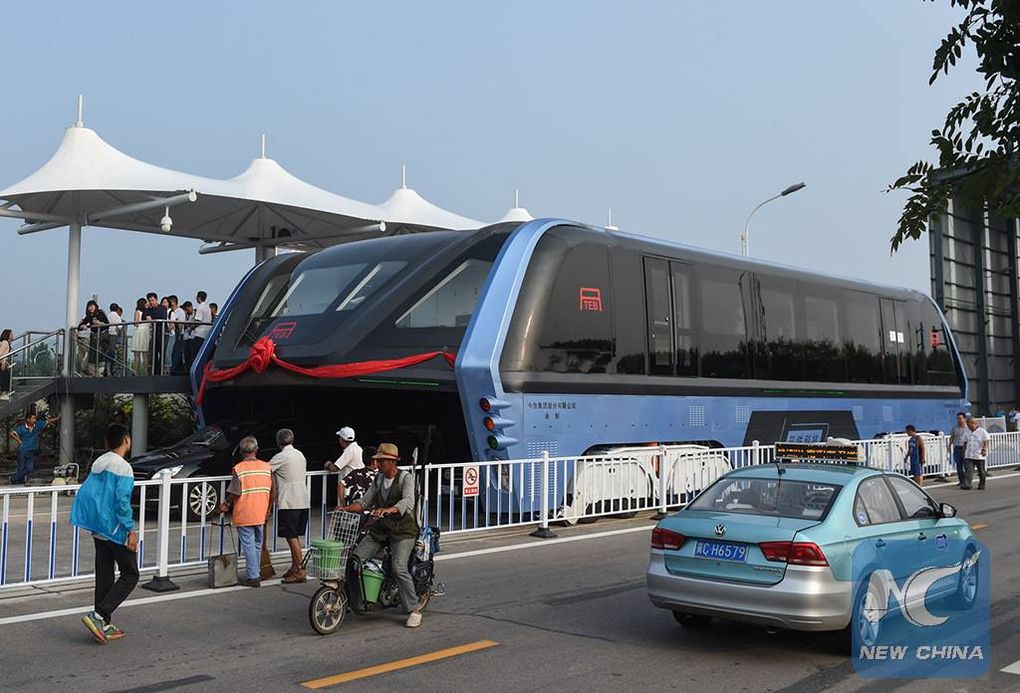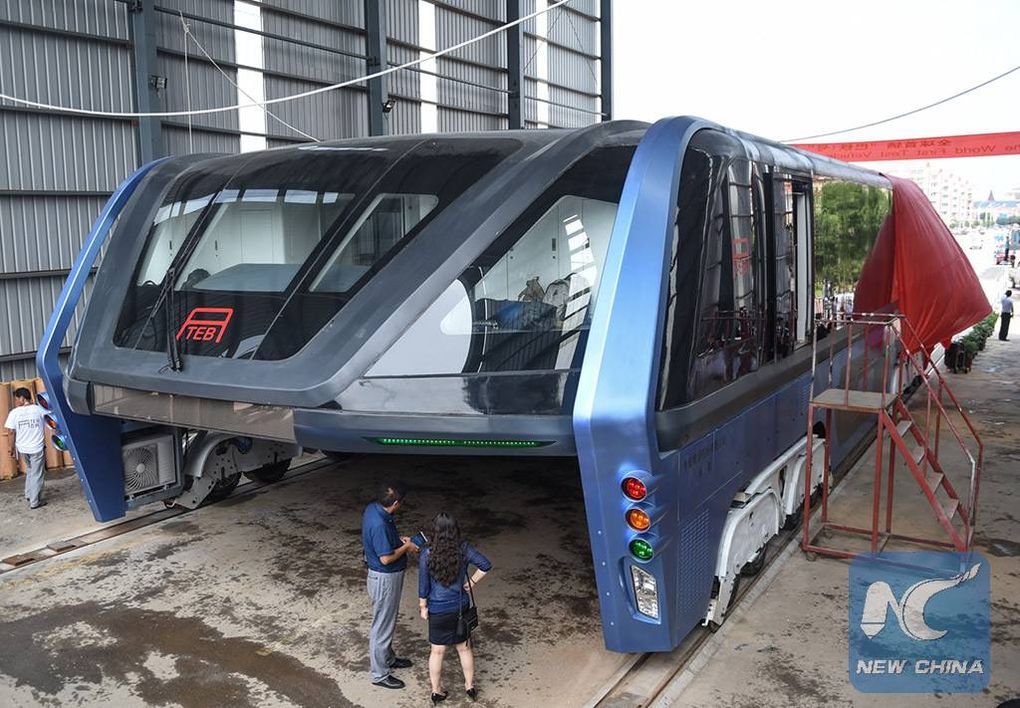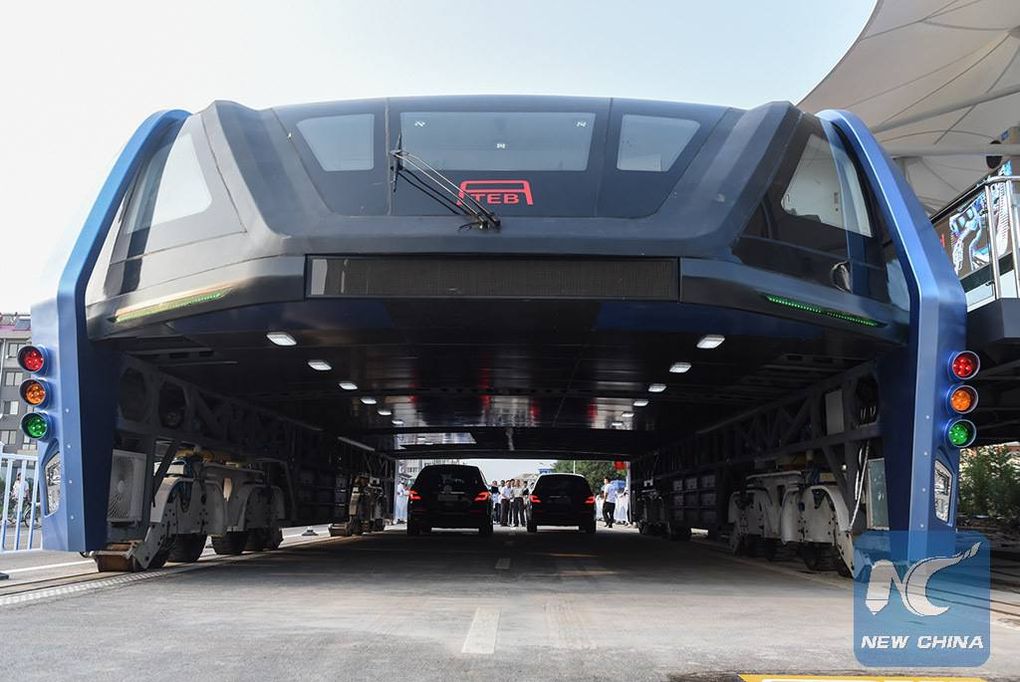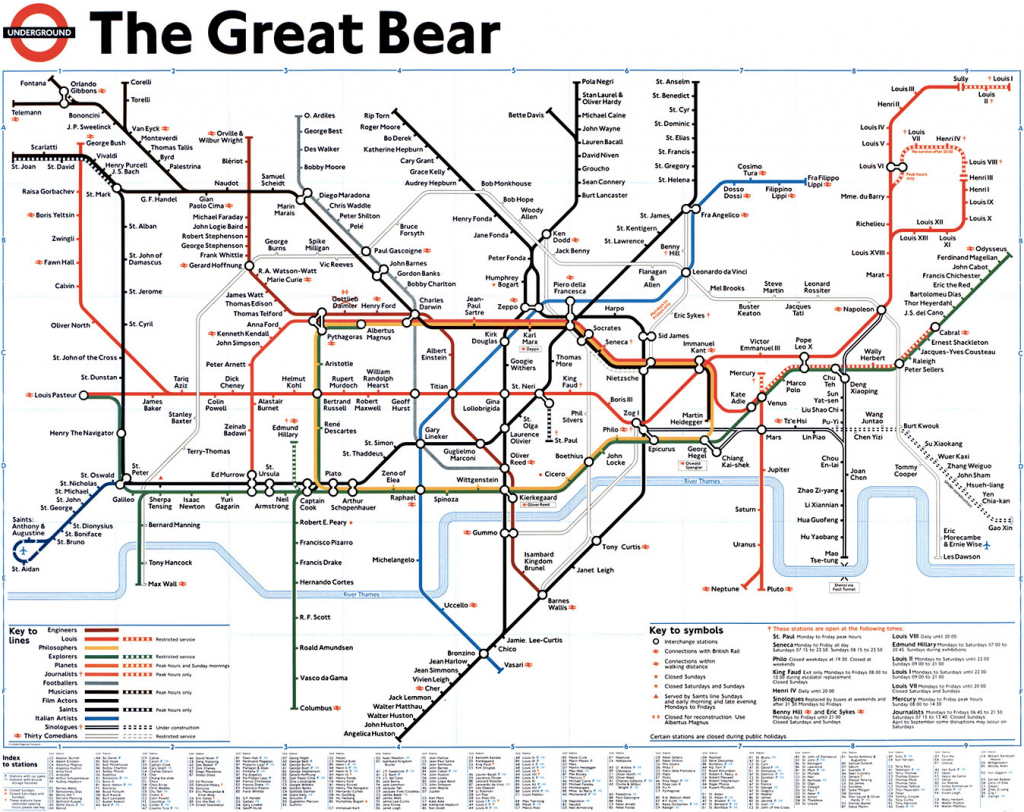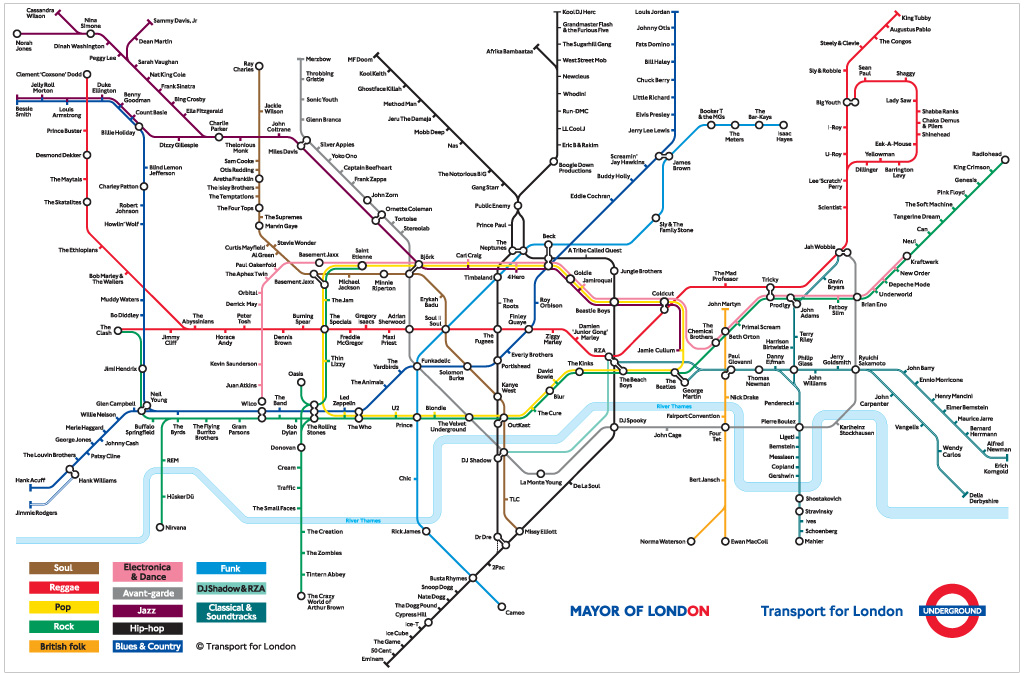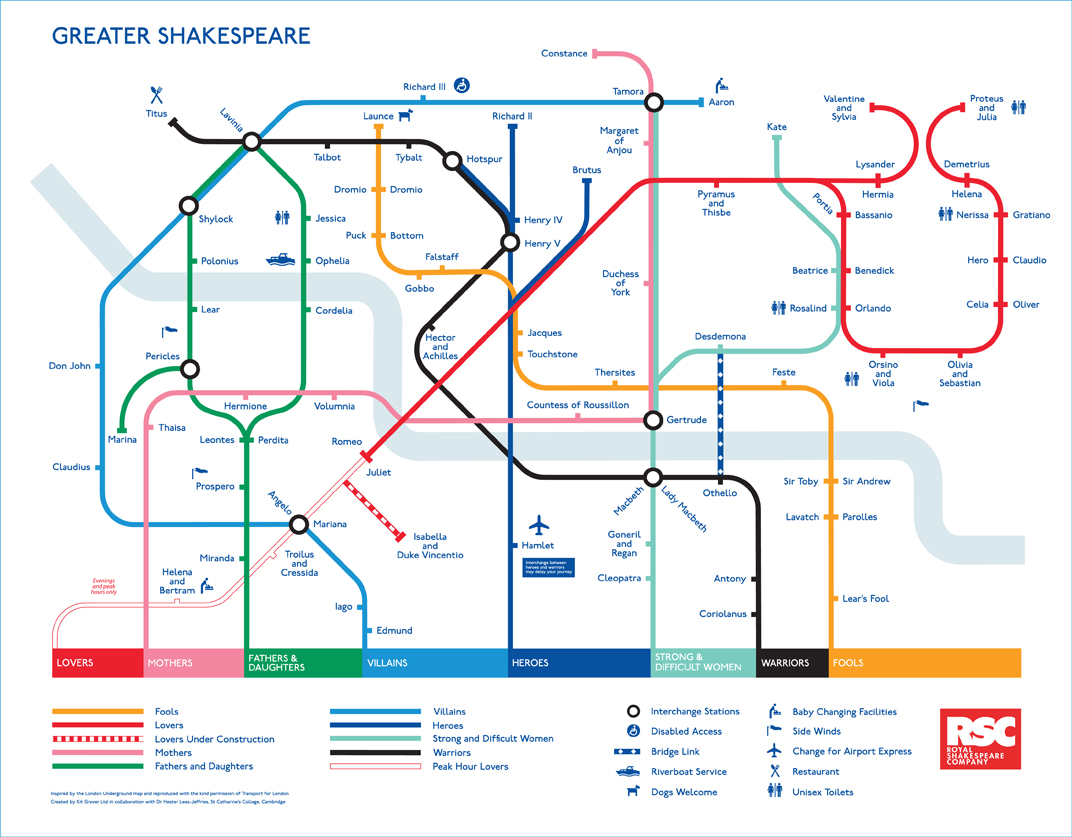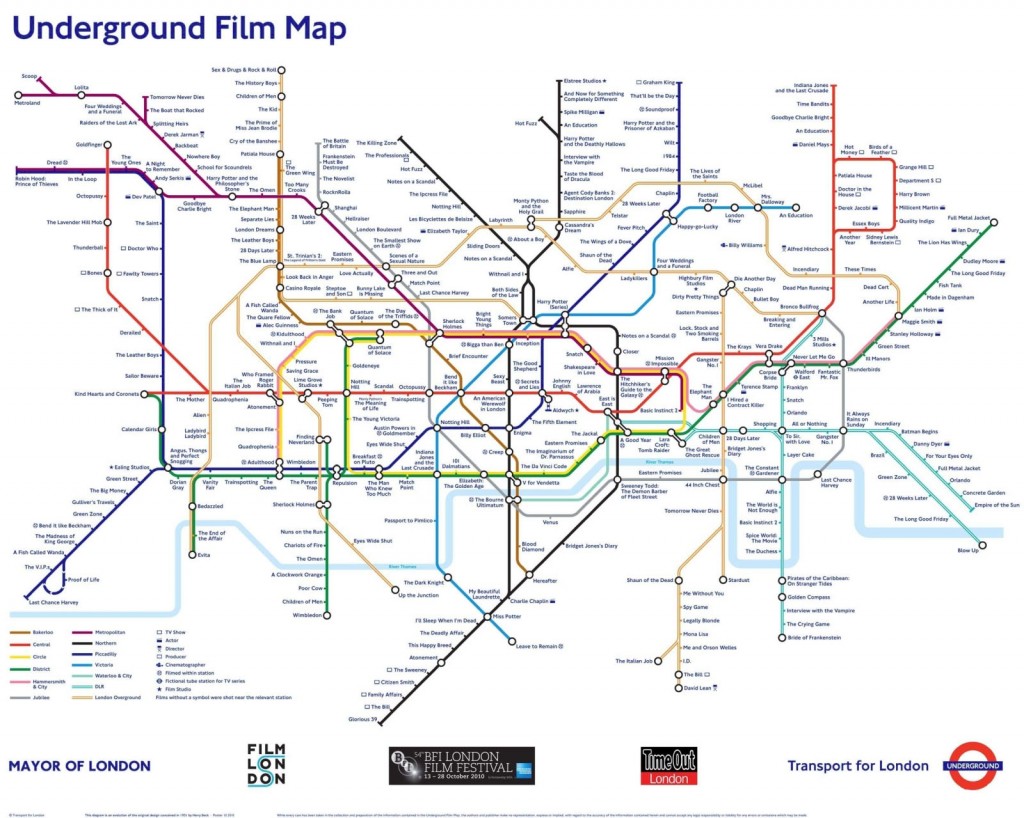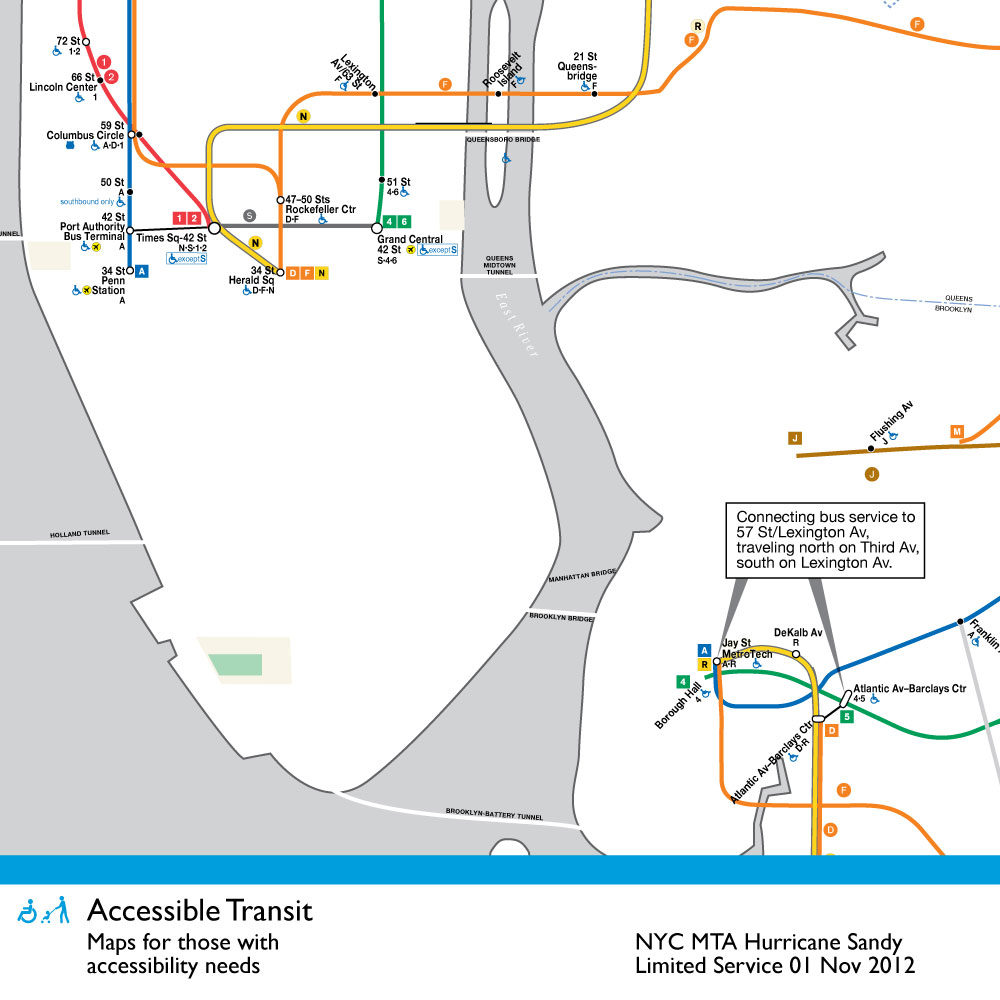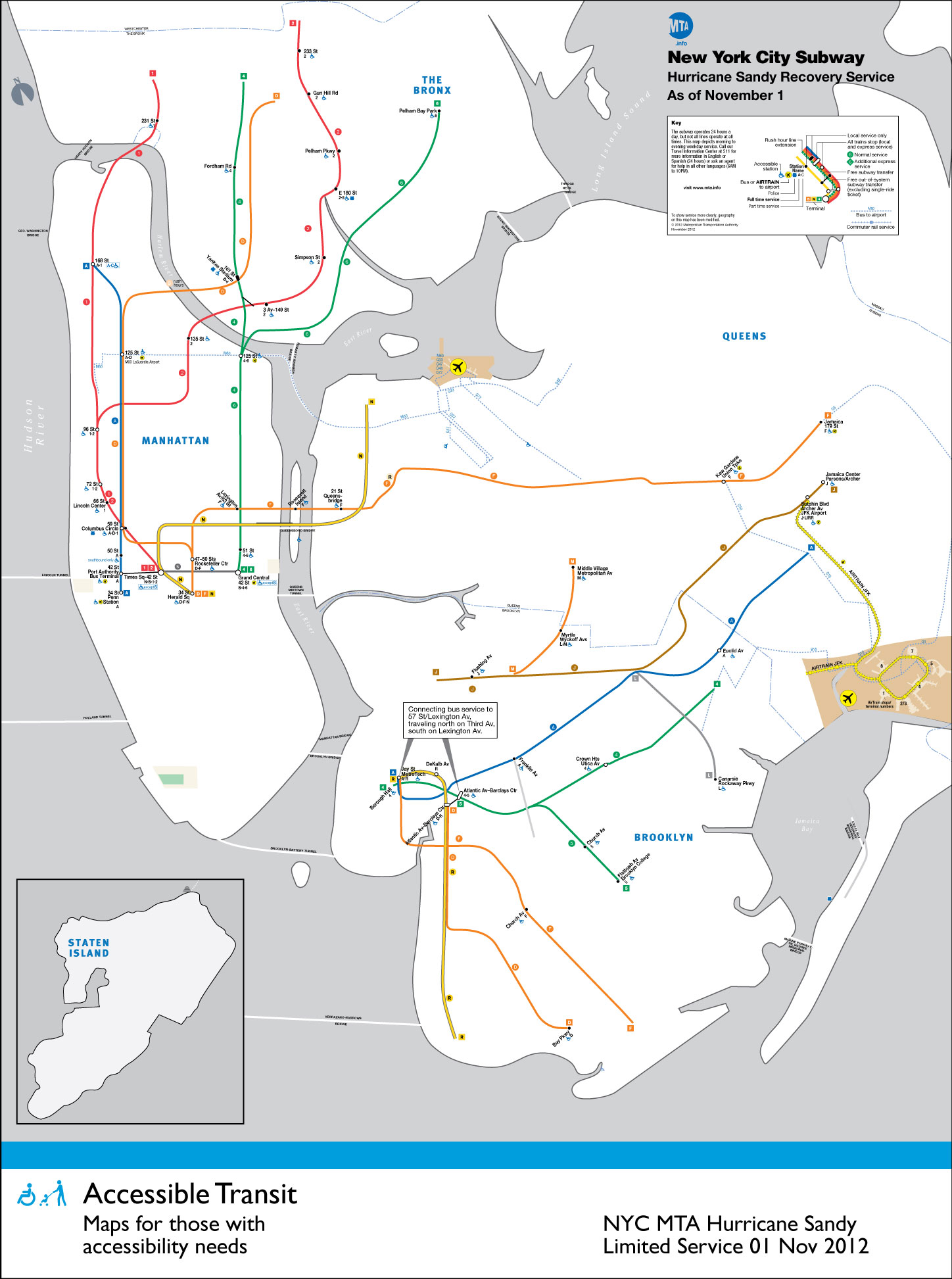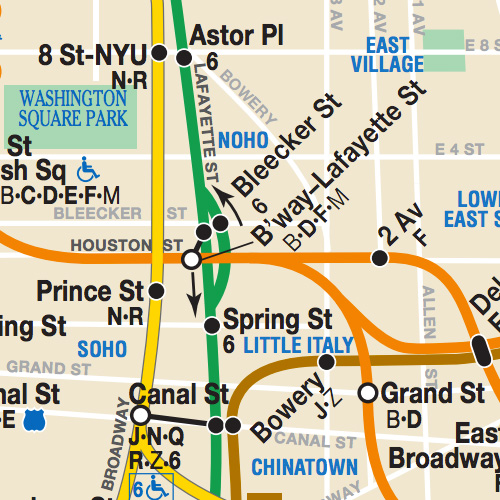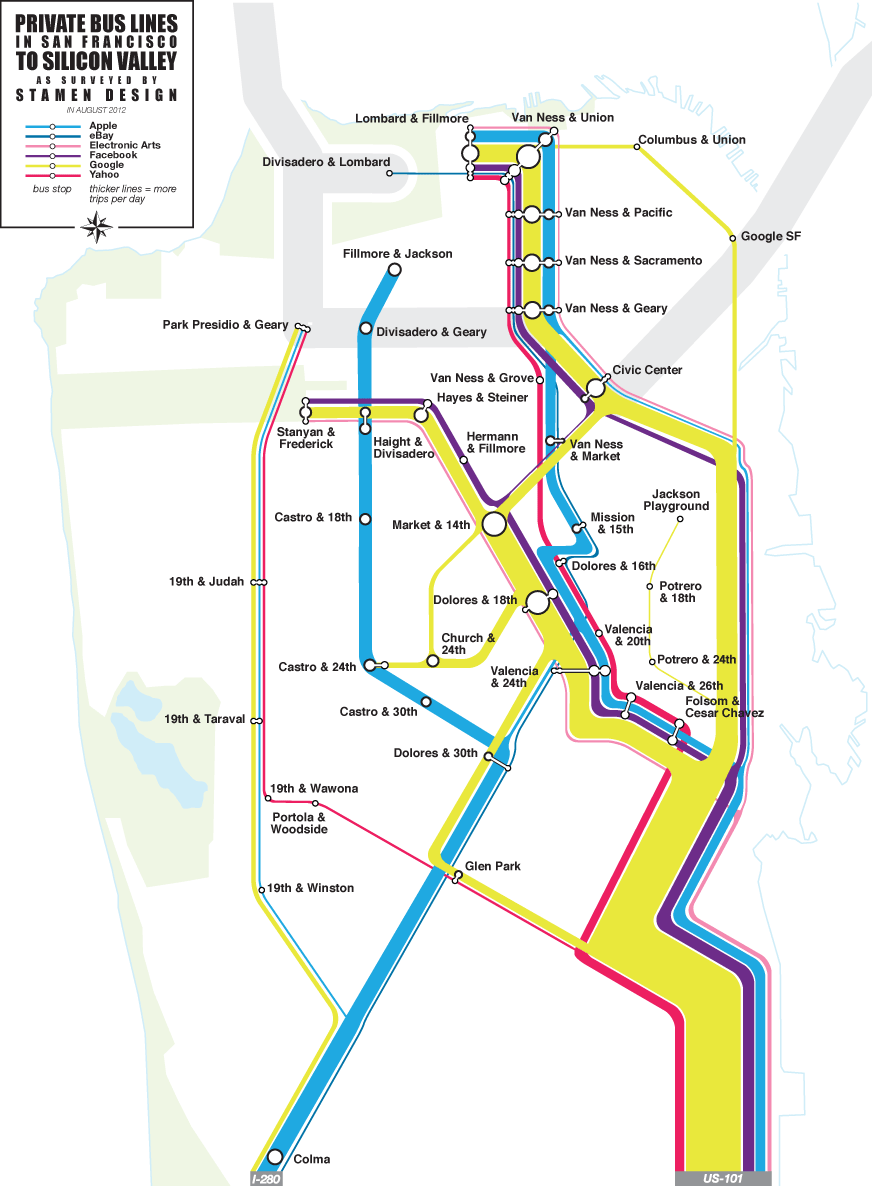For those not keeping score at home, here is the situation on the US urban bikeshare situation:
Alta Bicycle Share is the Portland, OR company who is the overall contractor which runs bike share systems in Columbus, OH, Chattanooga, the Bay Area, Boston, Washington DC, Chicago, and the largest, New York City. They used technology from the Montreal-based integrator Bixi (also known as the Public Bike System Company) which has filed for Canada’s version of Chapter 11 bankruptcy protection. Forbes has a good rundown on the 5 Big Debts In The Bixi Bike Sharing Bankruptcy, but a primary contributing factor to Bixi’s woes are that they had ditched their long-standing software partner 8D Technologies.
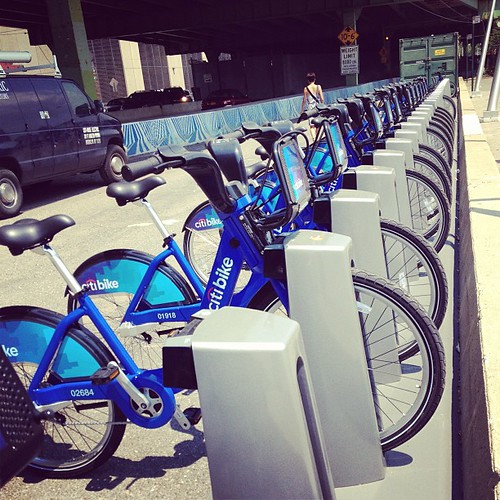
In February Alta and 8D announced that they would be working as a joint venture, effectively cutting Bixi out of the loop: Bixi’s former partners become key competitors:
Under the deal announced Monday, 8D will provide software, electronics and docking stations, while Alta will operate the systems. They have not decided which bikes to use, 8D CEO Isabelle Bettez said in an interview.
She said 8D will consider making an offer to buy Bixi’s operations.
“We expressed an interest two years ago, but we were shut out of the process,” Bettez said, noting Bixi chose which companies were allowed to bid.
And just the other day Montreal – who effectively owns Bixi now as a ward of the City – stated that Offers for Bixi’s international arm not satisfactory:
The city of Montreal has admitted efforts to sell Bixi’s international arm are not going well. Four serious bids were submitted, none of which were satisfactory, Pierre Desrochers, chairman of Montreal’s executive committee, told reporters Monday.
He did not provide the names of bidders or the value of the proposals but said the terms offered did not meet the minimum requirements. In one case, it would have taken the city 75 years to get its money back.
Saddled with $46 million in debt, Bixi has been under bankruptcy protection since January.
It would make complete sense if Alta and 8D could buy the beleaguered Bixi, as long as the overhanging debt was renegotiated with their creditors. Per the Forbes article, Bixi has the following debt:
$38m Montreal
$11.0m Alta
$5.3m NYC & Chicago for late delivery
54.3m in debt
At what point should Montreal take a haircut and equity in any new Alta/8D joint venture? I would venture soon enough, if they continue to not get bids. This is what is always a hazard in direct public-owned ventures: it is hard for politicians to say “we are not going to make our money back, let’s close shop and make the best of the situation.” Say what you want about entities such as the Port Authority (which has been degraded by Gov Christies appointees) or the Empire State Development Fund (which sometimes acts as a funnel to developers), but they are as many steps away from the public trust so they can be a bit more nimble.
Just today, the Citi Bike Manager Resigned:
Justin Ginsburgh, the manager of the beleaguered bike share program, has resigned, officials confirmed Wednesday.
Ginsburgh, 33, has decided to become a special adviser to Peter Lehrer, the principal of Lehrer LLC, a firm that manages large construction projects.
As The News reported Monday, the company operating the Citi Bikes, Bike Share NYC, has repeatedly failed to meet several monthly performance standards in its contract with the city.
And The Wall Street Journal reported that the program was losing money and was seeking to raise tens of millions of dollars to stay in business.
Mayor de Blasio has ruled out a city bailout, but it is possible the city might allow the operator to raise its fees, including the $95 cost of an annual membership.
This is probably for the best, as a better-run Alta is required, but the city needs to get behind bike sharing as another mode of transportation. If they are willing to subsidize ferry trips to the tune of $2.5 million annually for 3,500 daily riders, why not something similar for bike share which just yesterday 13,906 people used the bikes on one of the coldest days of the week (it was in the 30’s with a Nor-Easter wind) and the year-to-date average is 10,837 riders. In winter. In this winter.
Investing in different ways for people to get where they are going is very much a public good. Investing and maintaining our roads, sidewalks, subways, rail, ferries, taxi & limousine, and bikes creates a choice network. This network allows people the opportunity to customize their journey amongst different modes. This fundamentally increases all of our personal liberty.
 If the goal is to densify the street and overlay many different modes of transport, this might be your ticket. It is interesting if you don’t have the time or money to build heavy rail or subway system, or don’t have the right of way to build surface rail. This feels like a solution when your constraint is to not reduce vehicle miles traveled in low-occupancy vehicles, or you cannot densify a lane of traffic by using light rail or even high-value bus rapid transit.
If the goal is to densify the street and overlay many different modes of transport, this might be your ticket. It is interesting if you don’t have the time or money to build heavy rail or subway system, or don’t have the right of way to build surface rail. This feels like a solution when your constraint is to not reduce vehicle miles traveled in low-occupancy vehicles, or you cannot densify a lane of traffic by using light rail or even high-value bus rapid transit.